What does sustainability mean to you? Some may think of broad terms such as reducing your carbon footprint whilst others might suggest activities such as recycling or saving water. There’s no one-size-fits-all definition however I hope we can all agree that it’s a shared responsibility.
With the Department for Education suggesting all schools and early years settings create a Climate Action Plan, sustainability is at the forefront of our minds. In 2015, the United Nations created 17 Sustainable Development Goals, identifying social, economic and environmental targets for all countries to work on, with aspirations such as having zero hunger, for all to be using affordable and clean energy and to protect life on land. Whilst we can’t change the whole world here at Beach Babies (as much as we might like to!), we strive to educate our children in looking after the world we live in, one of our 4 curriculum goals.
Early experiences are crucial in developing long-term values and behaviours so why not take advantage of children’s natural curiosity? Even at the youngest age we can involve children in tidying up or noticing the creatures which visit our gardens to encourage care and understanding of the environment. As the children move through the age groups, we can build on this until we are having deeper discussions about why we shouldn’t litter or how soil is integral to all living things.
It is vital to connect children to nature in order to understand it and to want to look after it. We are so lucky to be able to experience nature first hand here at Beach Babies, taking time to connect with it through all of our senses. From growing our own produce to spending time litter-picking in the community, our aim is to enrich young minds with knowledge of the world around them and a passion to preserve it.
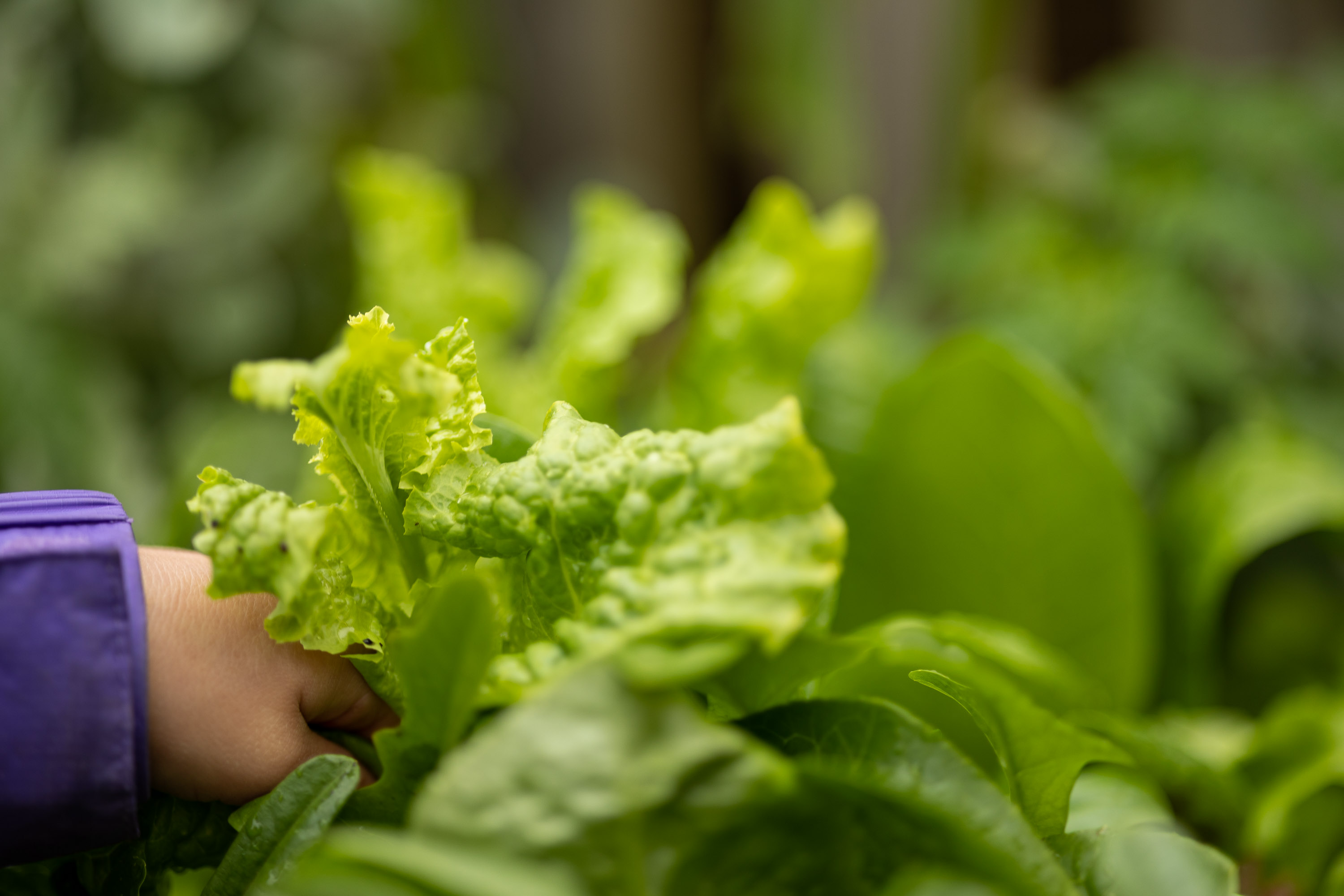
Of course, all this wouldn’t be possible without first creating an environment in which children feel safe, valued and nurtured. Children need to be shown empathy in order to demonstrate it. They need to know that their opinions matter – another of our curriculum goals - which is why we will be listening to, and involving, their voices when creating our Climate Action Plan. After all, if we can empower future generations, we can help to shape a world that is not only more sustainable, but one that is full of compassion and care.
If we all start small, we can make a big impact. Some activities you can achieve at home might be:
- Going for a walk – point out elements within the environment such as the colourful autumn leaves or the buzzing of a bee.
- Looking for the recycling symbol on your packaging at home or, better still, making something from your used packaging (this reminds me of the old advert where the child waits patiently for the washing up bottle to build a rocket with!).
- Tidying up doesn’t have to be boring. Try putting some music on and see if you can tidy up before a song finishes. Why not have a dance whilst you’re doing it! Getting the whole family involved helps with motivation.
- Gardening - You don’t need a garden to grow something. Why not try growing cress or herbs on a windowsill.
- Collecting rainwater – Have a competition to see who can collect the most. Don’t forget to have a splash in the puddles too!
- Go on a bug hunt in your garden or your local area. Discuss where the insects might live and what they like to eat. Perhaps you could even build a bug hotel or a home for a bigger animal such as a hedgehog.
- The Natural History Museum has just released a great resource on sustainability, giving suggestions on how you can make changes in your lives, ranging from small actions such as buying second-hand clothes through to larger responsibilities such as volunteering at a community garden. You can find it here: https://www.nhm.ac.uk/take-part/find-your-climate-action.html
- Reading stories – Literature provides a fun and light introduction to important topics. Here are a few stories we love to share with the children at Beach Babies:
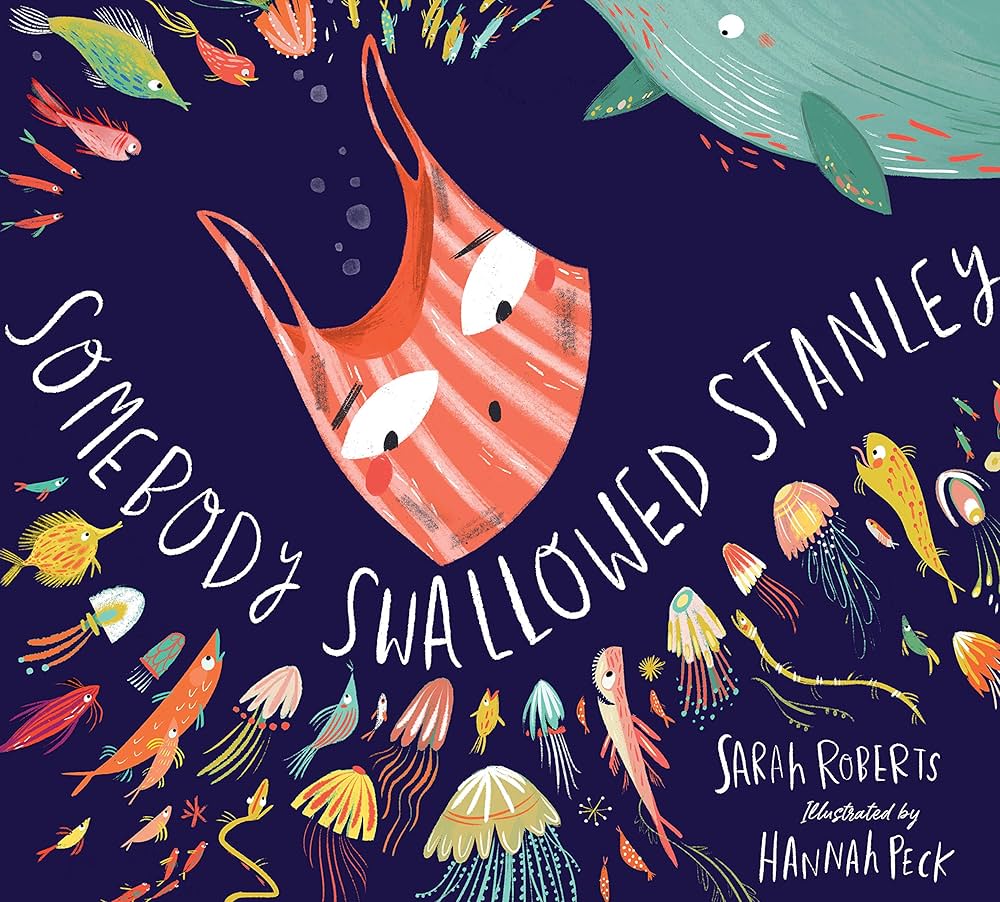
Somebody Swallowed Stanley by Sarah Roberts – An introduction to plastic waste in our oceans. Stanley keeps being mistaken for a tasty jellyfish and finds himself being eaten at every turn. Will somebody save Stanley?
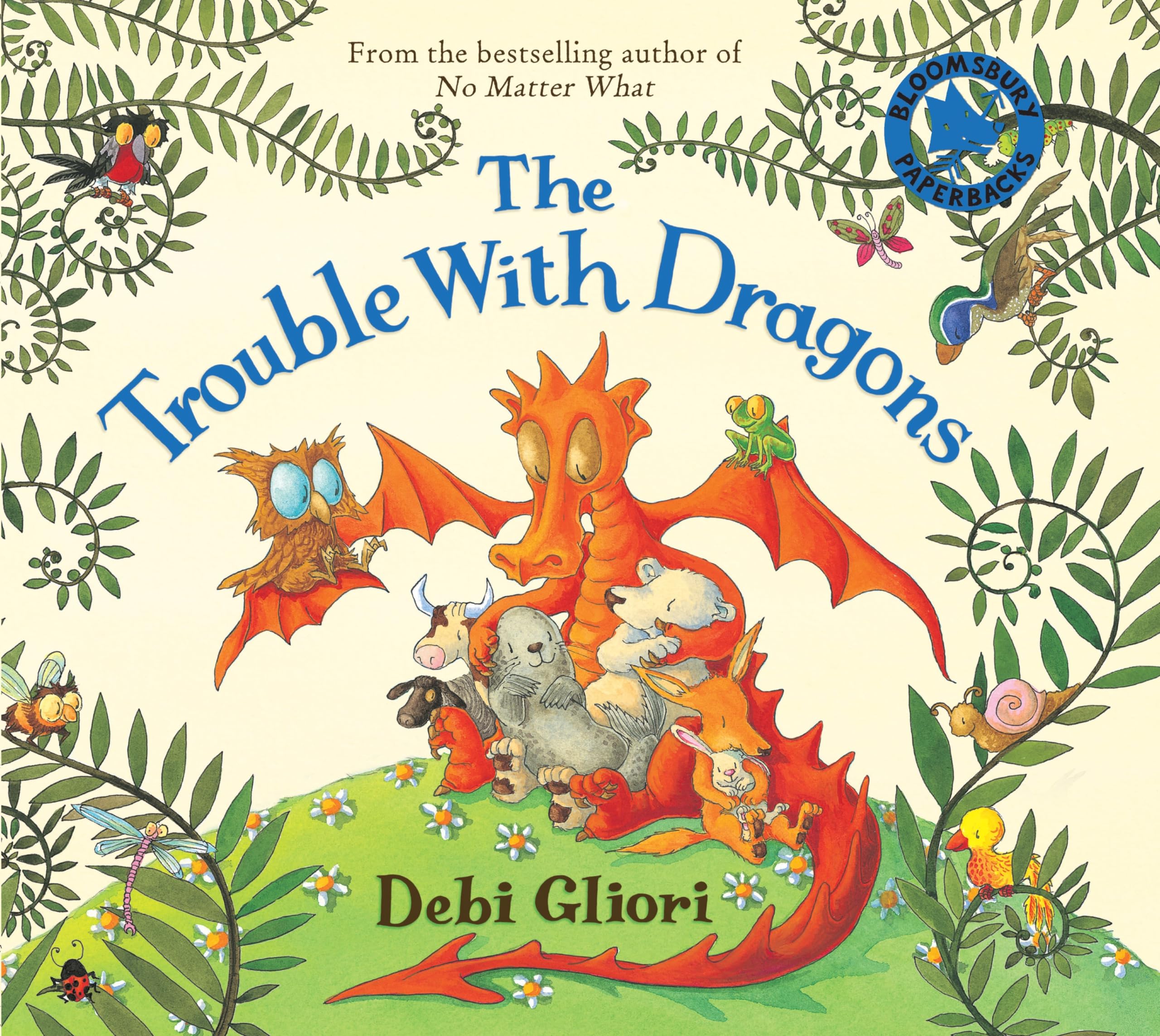
The Trouble With Dragons by Debi Gliori – The dragons in this tale are intent on ruining the environment by chopping down trees, eating all the food in sight and heating the planet, causing the oceans to rise. The animals team up to convince the dragons to change their ways before they become extinct.

Tidy by Emily Gravett – Pete the Badger loves tidying the forest so much that he ends up ripping the trees out and covering the mud with concrete. He realises his mistake when he’s hungry and has no home to go to.
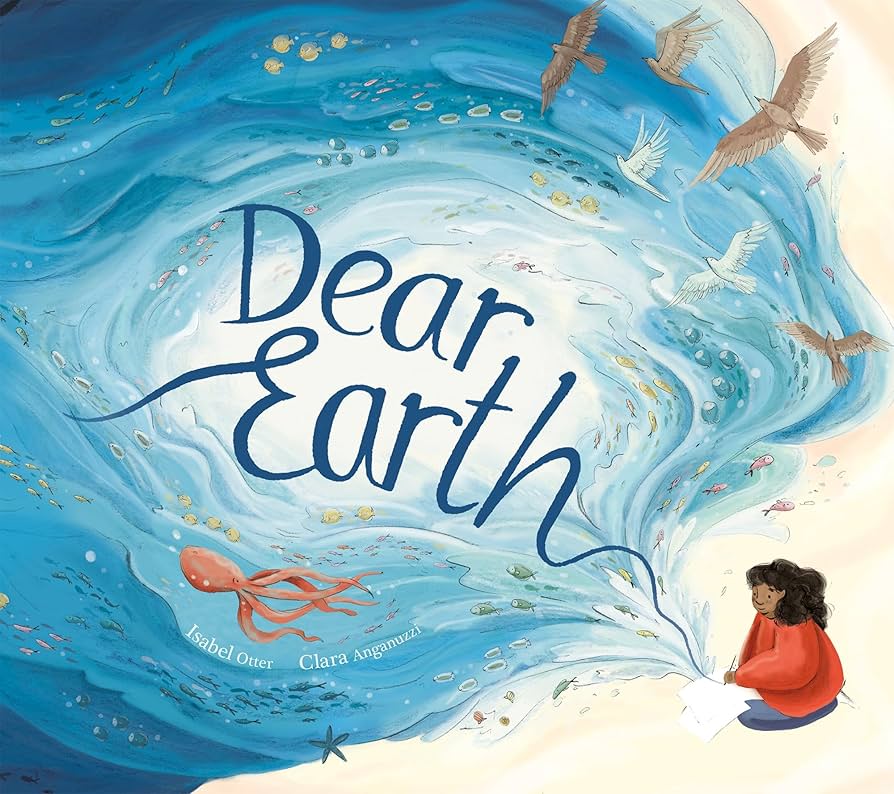
Dear Earth by Isabel Otter – In this beautifully illustrated story, Tessa writes a letter to the Earth, reminding us of all the wonderful landscapes and experiences we have on our planet, hoping to spread the message to others about preserving them.
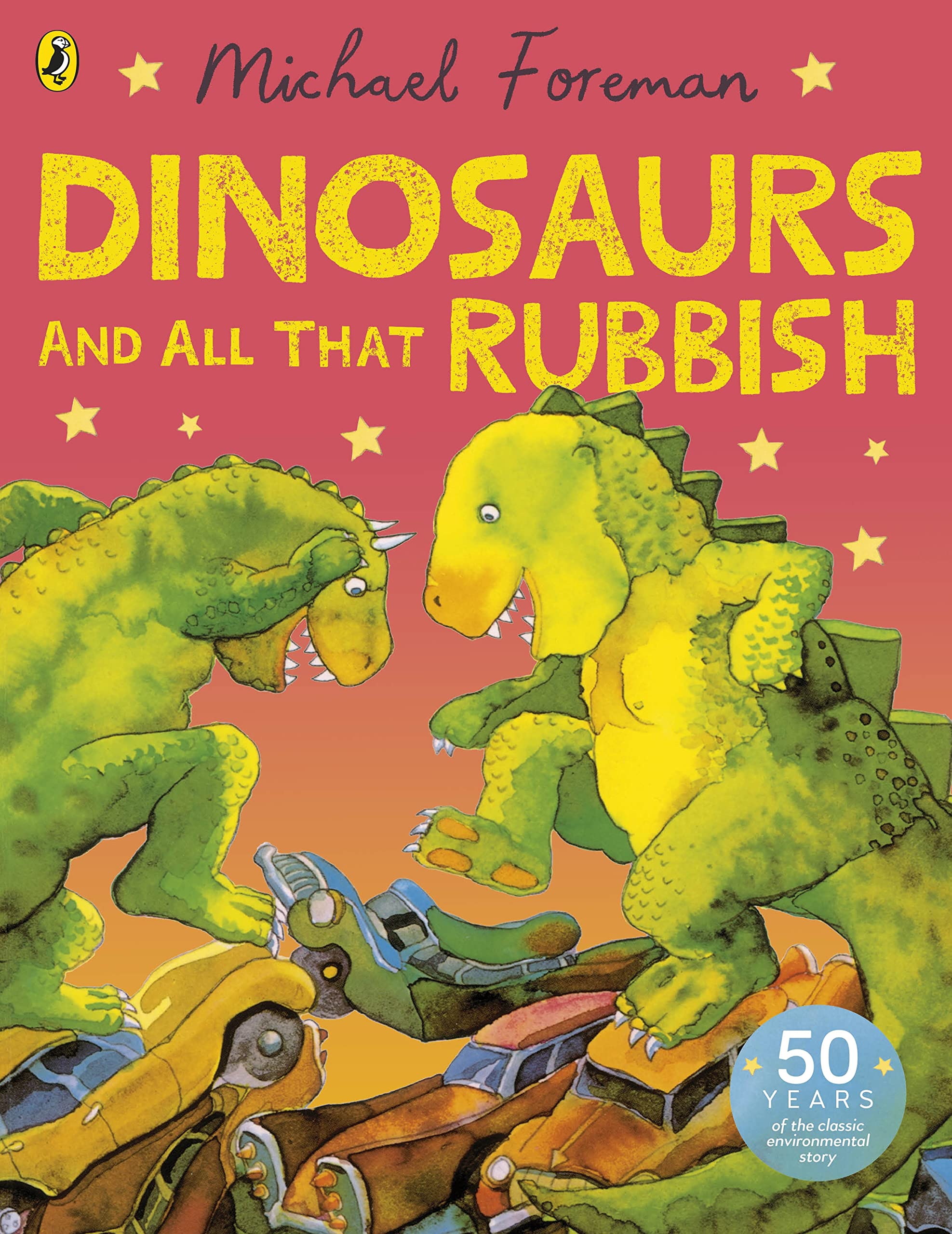
Dinosaurs and All That Rubbish by Michael Foreman – When one man’s dream of reaching the stars covers the planet in waste, the dinosaurs enter and return it to its natural state. The man realises his mistake when he spots a beautiful planet from his new, barren land, not realising this is the very planet he has come from.
We look forward to sharing our Climate Action Plans with you once these have been completed. Look out for our posts on social media and on Blossom sharing our activities relating to sustainability. If you, or anyone you know, would like to share your passion for sustainability with our children through an activity or reading a story, we’d love to hear from you.
















